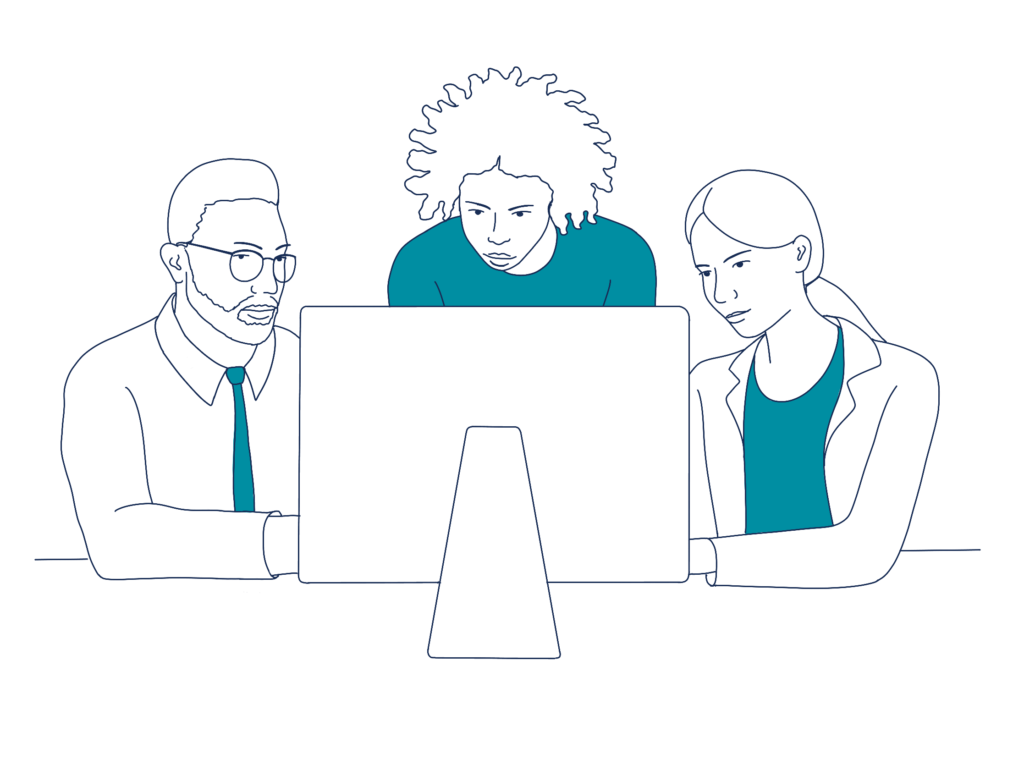Alcohol and substance abuse has become a stereotypical characteristic in many people’s heads. The idea that the impact of addiction can only be felt by a certain demographic or population has been around for decades, with alcohol or drug addiction always expected to look a certain way.
This is untrue. Addiction can affect people from all backgrounds at any point in their life. Falling prey to believing these stereotypes and letting this belief affect your work as a patient advocate or social worker can have disastrous outcomes for those who most need your help.
Anyone Can Experience Addiction
Absolutely anyone can experience addiction regardless of their race, gender, religion, or socioeconomic status.
The idea that addiction is a poor person’s disease, only found in dark alleys or drug dens, is incredibly misleading. The disease of addiction can be triggered in both the rich and the poor equally, although the consequences of addiction often become harsher the less well-off a person is. That is because accessing recovery can be not only less convenient for a person with low economic means—it can be downright impossible. Holding many, who are motivated and desperately do want help, prisoner to addiction.
Today, there are over 16,000 rehabs in the United States. Only around 950 of these are state-run and willing or able to treat people in poverty.
This lack of care for people with addiction disorders who also ask for help causes catastrophic consequences on the communities and neighborhoods they come from.
This discrepancy in access to and availability of care is part of the systemic discrimination of people who live with economic hardship. This gross disparity in access and availability further perpetuates stereotypes of the disease of addiction. If treatment is less available and harder to get, if there are more barriers to entry, if competition for a limited number of options is disproportionate to the number of people asking for help—isn’t this a failure of our government to provide critical services to the people in need? Or do we prefer to see people in anguish living under our freeway off-ramps and under bridges? Is that a better alternative?
How Addiction Impacts Patients in Financial Need
A person with a stable income (earned, privileged or given) is more likely to have a wide variety of treatment options available to them. These individuals are also likely to have unrestricted access to medical and mental health care, which can help an individual avoid self-medicating practices for pain and mental anguish. When opportunities are less restricted for any person, the opportunities feel accessible and not stigmatized. This is having a choice—as in, this person has a choice to choose a recovery program that meets their needs. Choice—that often discussed term applied to people suffering with addiction.
But if treatment for recovery is a limited and often unattainable service, is remaining in active addiction really a “choice?” For people who are already addicted to substances (often initially prescribed by a physician to help recover from hard labor job-related injuries then managed with alcohol or illicit drugs to avoid the life-threatening pain of withdrawal) and suffer from financial hardship can find it almost impossible to find good-quality treatment.
People in financial need find themselves at a distinct disadvantage when it comes to access and availability of treatment for recovery. When a person lives near, at or below the poverty level, access to health insurance or insurance policies that are widely welcomed at nearly 15,000 treatment facilities nationwide is highly unlikely. These folks are relegated to compete for the opportunity to recover in the less than 1,000 facilities nationwide serving people with Medicaid, Medicare and other lower-priced insurance options available on the public exchange.
Can we see how unfair that is?
Everyone Deserves High-Quality Addiction Treatment Options
RecoverWell believes everyone should have access to the care they need and deserve, regardless of their socioeconomic status. That’s why RecoverWell designed a platform to help level the playing field.

RecoverWell works to match potential patients to the best rehab for them based on their treatment needs and their budget and insurance coverage. We hope that by helping people find options faster and with less struggle, we can do our part in empowering people to seek and commit to treatment programs.
Sign up for a free demo of RecoverWell today to see our revolutionary patient matching system in action.
